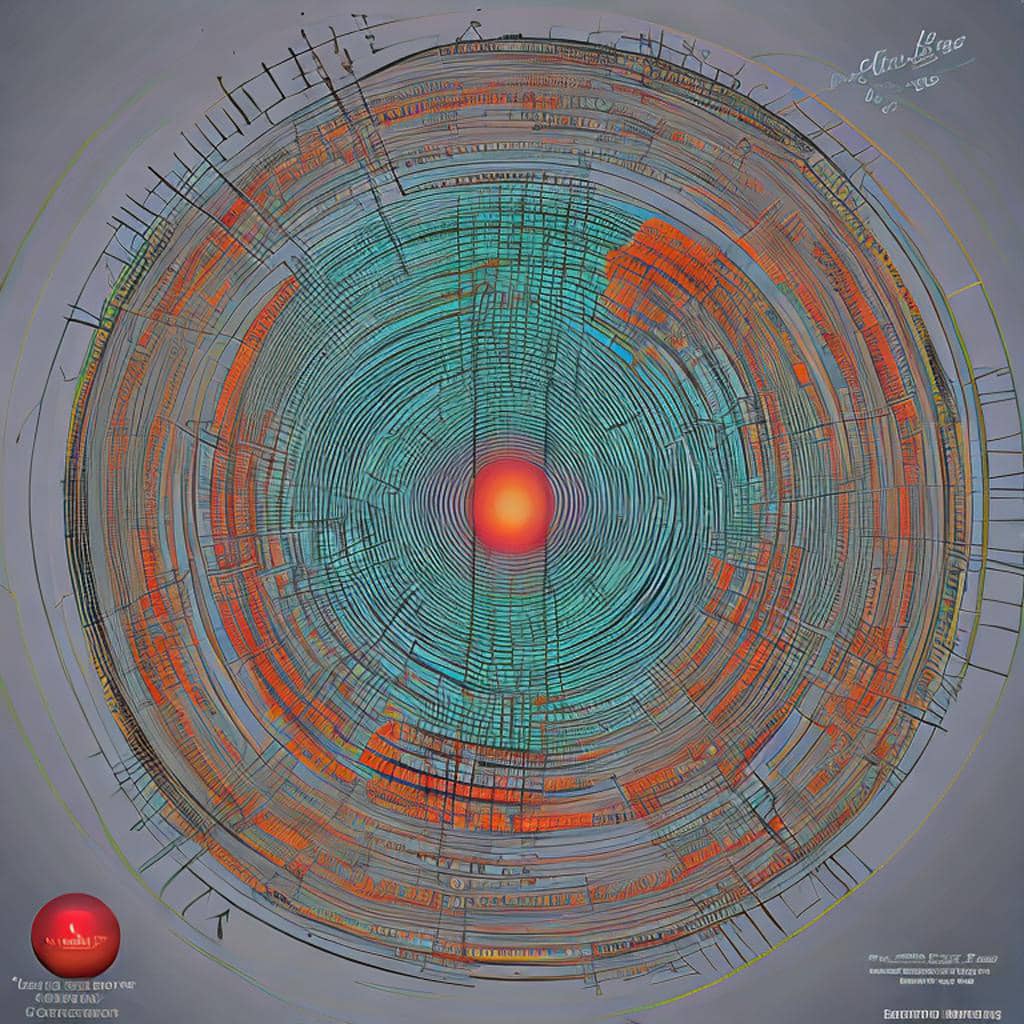Henry Stapp – Consciousness and the Observer in Quantum Mechanics
Henry Stapp – an American physicist who has proposed that consciousness is a fundamental aspect of reality, and that the observer plays a key role in quantum mechanics through the act of measurement.
Henry Stapp is an American physicist who has made significant contributions to the field of quantum mechanics, particularly in the area of the measurement problem. He is known for his theory of “quantum mechanics with consciousness,” which proposes that consciousness is a fundamental aspect of reality, and that the observer plays a key role in quantum mechanics through the act of measurement.
Stapp was born in 1928 in Cleveland, Ohio. He studied physics at the University of Michigan and received his PhD from the University of California, Berkeley in 1952. He then worked as a researcher at several prestigious institutions, including Lawrence Berkeley National Laboratory and the Max Planck Institute in Germany.
Stapp’s interest in the philosophical implications of quantum mechanics began early in his career. In the 1960s, he became interested in the work of Wolfgang Pauli, a physicist who had been deeply influenced by the ideas of the psychologist Carl Jung. Pauli had proposed that consciousness played a fundamental role in the quantum world, and this idea resonated with Stapp.
Stapp’s own contributions to the field began in the 1970s, when he began to work on the measurement problem in quantum mechanics. This problem arises from the fact that, according to the theory, the act of measurement can change the state of a quantum system. This leads to the question of how the state of the system can be determined without disturbing it.
Stapp’s solution to the measurement problem is based on the idea that consciousness plays a fundamental role in the process of measurement. According to his theory, when an observer makes a measurement, their consciousness interacts with the quantum system, causing it to collapse into a definite state. This collapse is what allows the state of the system to be determined without disturbing it.
Stapp’s theory has been controversial, and has been criticized by many physicists who argue that it is unscientific and lacks empirical evidence. However, Stapp has continued to defend his ideas, arguing that they are based on sound scientific principles and are consistent with the evidence.
In addition to his work on the measurement problem, Stapp has also made contributions to the field of quantum computing. In the 1990s, he proposed a new type of quantum computer that would be based on the idea of conscious observation. This computer would be able to perform certain calculations much faster than classical computers, and could potentially revolutionize the field of computing.
Stapp has received numerous awards for his contributions to physics, including the Eddington Medal from the Royal Astronomical Society and the Wolfgang Pauli Prize from the University of Vienna. He has also been elected a fellow of the American Physical Society and the American Association for the Advancement of Science.
Despite the controversy surrounding his ideas, Stapp’s work has had a significant impact on the field of quantum mechanics, and has helped to shape our understanding of the nature of reality. His theory of “quantum mechanics with consciousness” continues to be studied and debated by physicists and philosophers alike, and has opened up new avenues of research in the field.
His books on the topics of quantum mechanics and the relationship between consciousness and the physical world
Henry Stapp has written several books on the topics of quantum mechanics and the relationship between consciousness and the physical world. Some of his notable books include:
- “Mindful Universe: Quantum Mechanics and the Participating Observer” (2011) – This book provides an overview of Stapp’s theory of “quantum mechanics with consciousness.” He argues that consciousness plays a fundamental role in the quantum world, and that our observations and measurements of quantum systems are intimately linked to our conscious experience.
- “Quantum Theory and Free Will: How Mental Intentions Translate into Bodily Actions” (2017) – In this book, Stapp explores the connection between quantum mechanics and human free will. He argues that the human mind has the ability to influence physical reality at the quantum level, and that this allows us to make choices and act freely.
- “The Mindful Brain: Reflection and Attunement in the Cultivation of Well-Being” (2013) – This book takes a broader perspective on the relationship between the mind and the brain, and argues that cultivating mindfulness and awareness can lead to greater well-being and a more fulfilling life.
- “Mind, Matter, and Quantum Mechanics” (1993) – This early work by Stapp explores the philosophical implications of quantum mechanics, and argues that the observer plays a crucial role in determining the behavior of quantum systems.
- “Are We Free?: Psychology and Free Will” (2008) – In this book, Stapp looks at the relationship between psychology and free will. He argues that our mental states and intentions can have a direct impact on physical reality, and that this provides a basis for human agency and freedom.
Overall, Stapp’s books provide a unique perspective on the relationship between consciousness and the physical world, and have been influential in shaping the ongoing debate around the nature of reality and the role of the observer in quantum mechanics.
Summary of Henry Stapp’s work in a table format
| ,Key Points | Points of Action |
| Henry Stapp is an American physicist who has made significant contributions to the field of quantum mechanics. | Learn more about Stapp’s theories by reading his books, attending his lectures, or engaging with his work online. |
| Stapp’s theory of “quantum mechanics with consciousness” proposes that consciousness is a fundamental aspect of reality, and that the observer plays a key role in quantum mechanics through the act of measurement. | Consider the philosophical implications of Stapp’s theory, and engage in debates and discussions with others in the field. |
| Stapp’s solution to the measurement problem in quantum mechanics is based on the idea that consciousness plays a fundamental role in the process of measurement. | Explore the implications of Stapp’s theory for our understanding of the nature of reality and the role of the observer in the physical world. |
| Stapp has also made contributions to the field of quantum computing, proposing a new type of quantum computer that would be based on the idea of conscious observation. | Consider the potential applications of Stapp’s ideas for the development of new technologies and scientific discoveries. |
| Despite the controversy surrounding his ideas, Stapp’s work has had a significant impact on the field of quantum mechanics, and has helped to shape our understanding of the nature of reality. | Stay up to date with the latest developments in the field, and continue to engage with Stapp’s work and ideas as they evolve over time. |
Henry Stapp's work has been influential in shaping our understanding of the relationship between consciousness and the physical world. By considering the philosophical implications of his theories and engaging in ongoing debates and discussions, we can continue to explore the potential applications of Stapp's ideas for the development of new technologies and scientific discoveries.

Text with help of openAI’s ChatGPT Laguage Models & Fleeky – Images with help of Picsart & MIB
Thank you for questions, shares and comments!
Share your thoughts or questions in the comments below!






